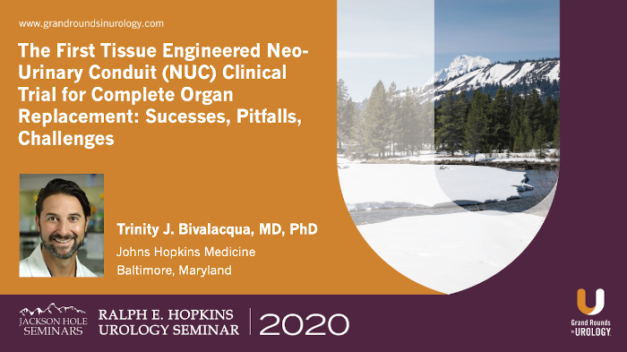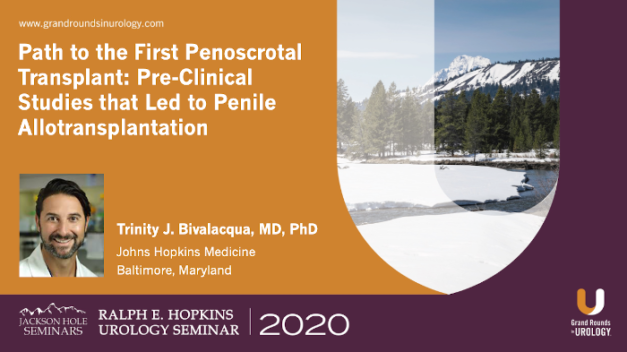Biologics in Sexual Medicine – Controversy and Therapeutic Potential
Trinity J. Bivalacqua, MD, PhD, Director of Urologic Oncology and R. Christian B. Evensen Associate Professor of Urology and Oncology at the James Buchanan Brady Urological Institute of Johns Hopkins Medicine in Baltimore, Maryland, discusses studies on biologics and low-intensity extracorporeal shock wave therapy (Li-ESWT), as well as controversial misinformation surrounding their use in sexual medicine. He reviews the results of a Li-ESWT study which displayed the treatment’s ability to improve symptoms, exercise capacity, and myocardial perforation in patients with severe coronary artery disease without indication for percutaneous coronary intervention or coronary artery bypass graft surgery. He then argues that for-profit stem cell clinics who offer biologic treatment for sexual medicine promise results with no supporting efficacy data, and that the trials these clinics use for support are not well-designed. Dr. Bivalacqua concludes that there is a demonstrated therapeutic potential for biologics, but more research is needed to support their use in sexual medicine and to prove their therapeutic value.
Read More




